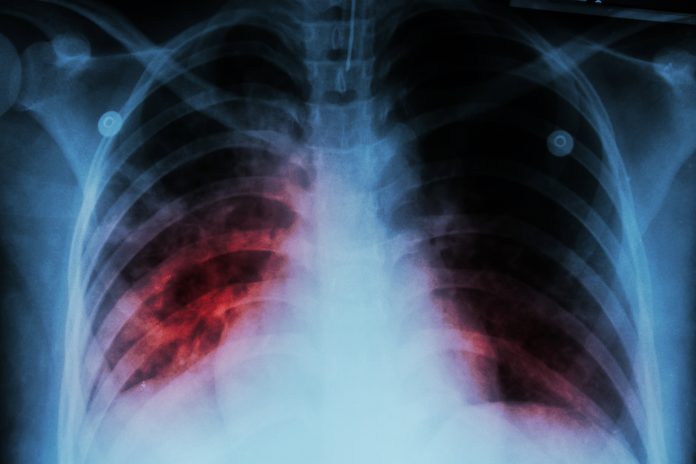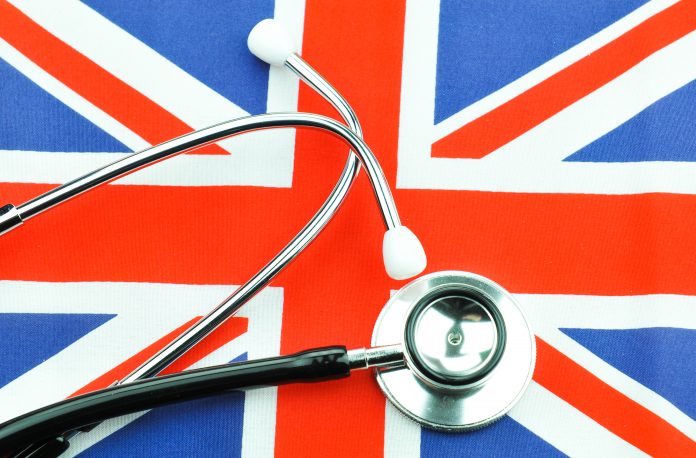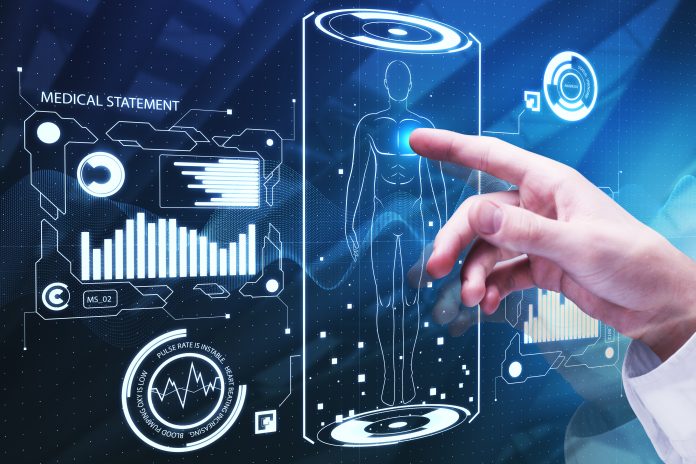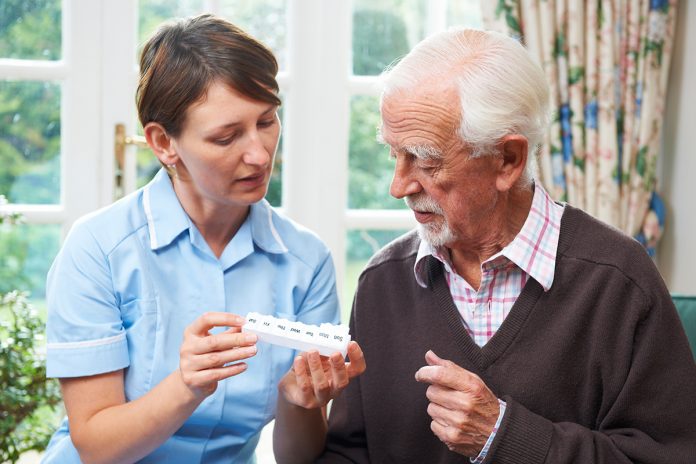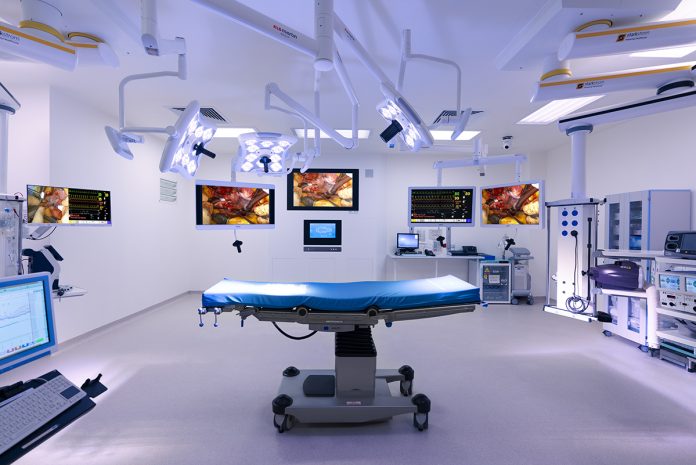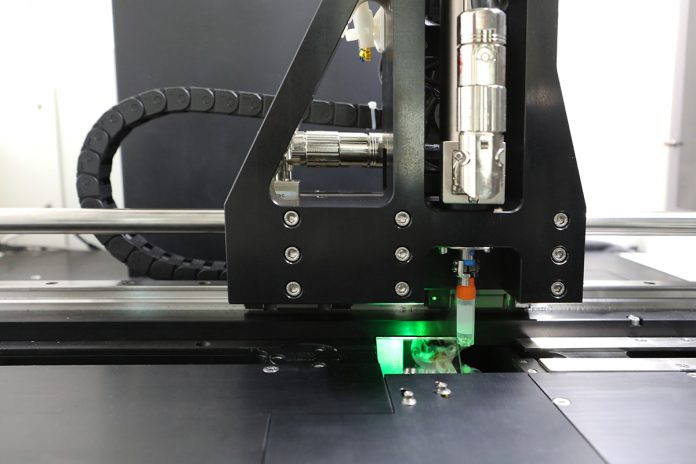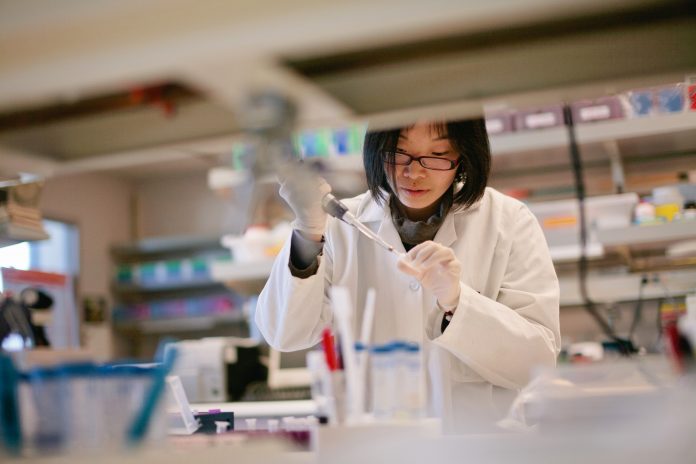Open Access Government produces compelling and informative news, publications, eBooks, and academic research articles for the public and private sector looking at health, diseases & conditions, workplace, research & innovation, digital transformation, government policy, environment, agriculture, energy, transport and more.
Home Search
AI healthcare - search results
If you're not happy with the results, please do another search
Promoting public health in the European Union Member States
Here, we take a look at some recent examples of how public health in European Union Member States has been supported by the outgoing European Commissioner for Health & Food Safety, Vytenis Andriukaitis.
Idiopathic pulmonary fibrosis: An incurable lung disease
Steve Jones, Chair Action for Pulmonary Fibrosis and Board Member EU-IPFF and Gisli Jenkins from Nottingham University Hospitals, explain idiopathic pulmonary fibrosis (IPF), an incurable lung disease.
The Digital Single Market: A focus on robotics and artificial intelligence
Here, we focus on robotics and artificial intelligence, two areas that come under the European Commission’s wider Digital Single Market policy.
The role of parents’ in helping children to develop language
Bob Reitemeier, Chief Executive of I CAN, focuses on the crucial role of parents’ in helping children to develop language.
Funding health research: The Canadian Institutes of Health Research
The role of the Canadian Institutes of Health Research, when it comes to funding health research in Canada, is explored here, including a look at the work of the Human Development, Child and Youth Health division within that.
NHS Confederation on Queen’s Speech: “Develop a credible domestic agenda”
The NHS Confederation and Amnesty International respond to the Queen's Speech, highlighting elements such as a credible domestic agenda and a need for immigration reform.
No-deal Brexit and its impact on public health services
The potential impact of a no-deal Brexit on public health services in the UK has been widely reported. UK law firm Smith Partnership takes a closer look at the issue.
Horizon 2020 research: The health innovation ecosystem of Europe
Here, Cecile ten Kate discusses the process of valorisation of research projects, focusing specifically on the health innovation ecosystem.
Genetic testing: What’s wrong with my child?
Dr Katie Finch discusses with Professors Darren Griffin and Alan Thornhill her personal journey involving genetic testing of her son Brandon.
iPDM Goes Europe: The impact on diabetes and patient care
Here, the tangible impact on diabetes patients and their care is thoroughly explored via integrated personalised diabetes management (iPDM).
Benchmarking: The keystone of robotics innovation
The H2020 Project EUROBENCH and GET2EXCEL are creating the first benchmarking and standardisation framework for robotics innovation worldwide, much more of which we find out about here.
We need to do more to reduce the stigma associated with mental health at...
Jo Sellick, Managing Director, Sellick Partnership, highlights the need to reduce the stigma associated with mental health at work on this year's World Mental Health Day.
New SBS Framework: Audio Visual Solutions and Integrated Operating Theatres
Here, we find out about the highest-scoring supplier – Jones AV Ltd, who discuss the New SBS Framework: Audio Visual Solutions and Integrated Operating Theatres.
Getting together in the biobank scene: BRoTHER brings biobank know-how to scientists, students and...
Christoph Brochhausen, Max Babel, Tanja Neumair, Karl Friedrich Becker, Judita Kinkorova, Ondrej Topolcan, explain here exactly how BRoTHER brings biobank know-how to scientists, students and the public.
Cannabinoids and health – from supplements to medicines
GreenLight Medicines is a supplier of quality supplements and is an active MedCan research company GreenLight, Supplements and Medicines.
Mirror Hand: Maximising neuroplasticity through robot-assisted rehabilitation
Here, Jen-Yuan (James) Chang discusses pioneering research and innovation by National Tsing Hua University of robot assisted rehabilitation for those who have suffered a stroke.
Health and human welfare in the 20th century: Escaping early death, poverty and poor...
Herman de Jong from the University of Groningen, explores health and human welfare in the 20th century, with a focus on escaping early death, poverty and poor health.
Customer rating review systems and UKAS accreditation
Suzi Daley, External Affairs Manager at United Kingdom Accreditation Service (UKAS), focuses her thoughts on customer rating review systems online and UKAS accreditation in the health and social care system.
Public sector: Recovering from austerity
Neville Henderson, Senior Consultant, Crown Workforce Management discusses how the public sector can recover from the pain of austerity in this article.
DeepHealth project: Deep-learning and HPC to boost biomedical applications for health
Jon Ander Gómez and Monica Caballero, DeepHealth Technical Manager and Project Coordinator, lift the lid on an exciting project that concerns deep-learning and high performance computing to boost biomedical applications for health.


